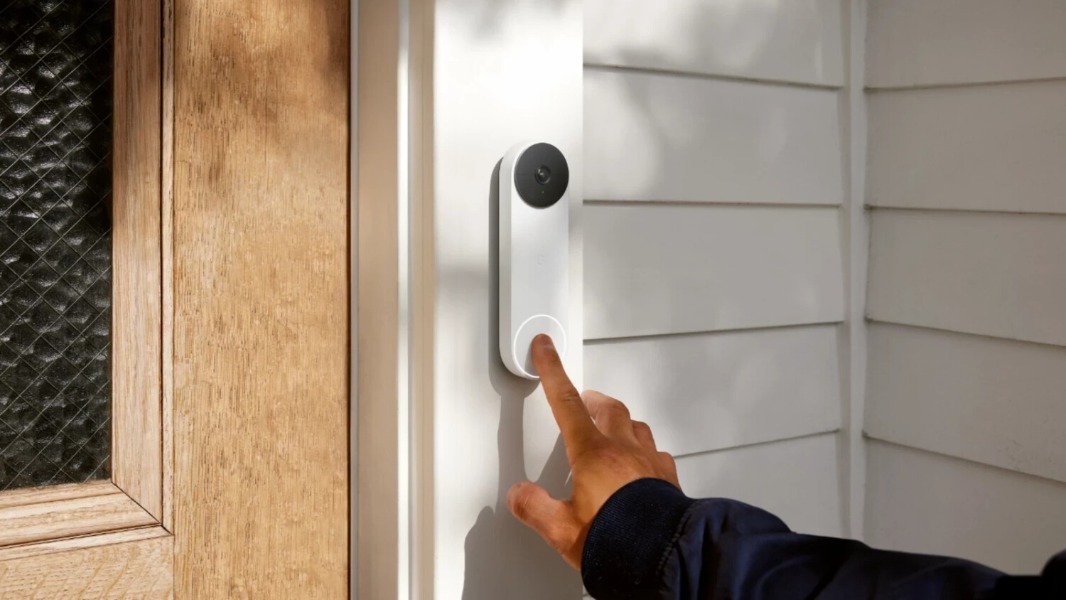Apple is Reportedly Working on Smart Doorbell With Face ID
- Laurent Giret
- Dec 23, 2024
-
6

Apple reportedly plans to launch several new smart home products after letting competitors like Amazon and Google gain a foothold in this growing market. In the latest edition of his Power On newsletter, Bloomberg’s Mark Gurman reported that Apple was working on a smart doorbell that would compete with Amazon Ring and Google Nest devices.
Gurman previously reported that Apple will launch an iPad-like smart home hub next year, which would work like an “AI wall tablet” that can hold intercom sessions via FaceTime. This smart display could be followed by an in-home security camera in 2026. The next piece of Apple’s smart home puzzle, however, may be a smart doorbell that supports the company’s Face ID technology and can connect to smart locks.
“The idea is that the doorbell could automatically unlock the door for a home’s residents by scanning their face — just like Face ID lets them into their iPhone,” Gurman explained. “It’s likely that the doorbell system will work with the many third-party locks already on the market that support Apple’s HomeKit protocol. It’s also possible that the company teams up with a specific lock maker to offer a complete system on day one.
Windows Intelligence In Your Inbox
Sign up for our new free newsletter to get three time-saving tips each Friday — and get free copies of Paul Thurrott's Windows 11 and Windows 10 Field Guides (normally $9.99) as a special welcome gift!
"*" indicates required fields
According to Gurman, Apple’s work on this smart doorbell is still in “early stages,” and the product may not launch before the end of 2025 at the earliest. However, the reporter expects the new home device to feature Apple’s upcoming Bluetooth/Wi-Fi Chip codenamed “Proxima” which may soon replace Broadcamm chips on upcoming revisions of the Apple TV and HomePod Mini.
In a recent interview with the Wall Street Journal, Apple CEO Tim Cook recently explained that Apple is “not first, but best” when it comes to competition. Just like the company marketed Apple Intelligence as more secure and privacy-focused than the competition, Apple may once again play the privacy card to win over people concerned about giving Amazon or Google more control over their households.